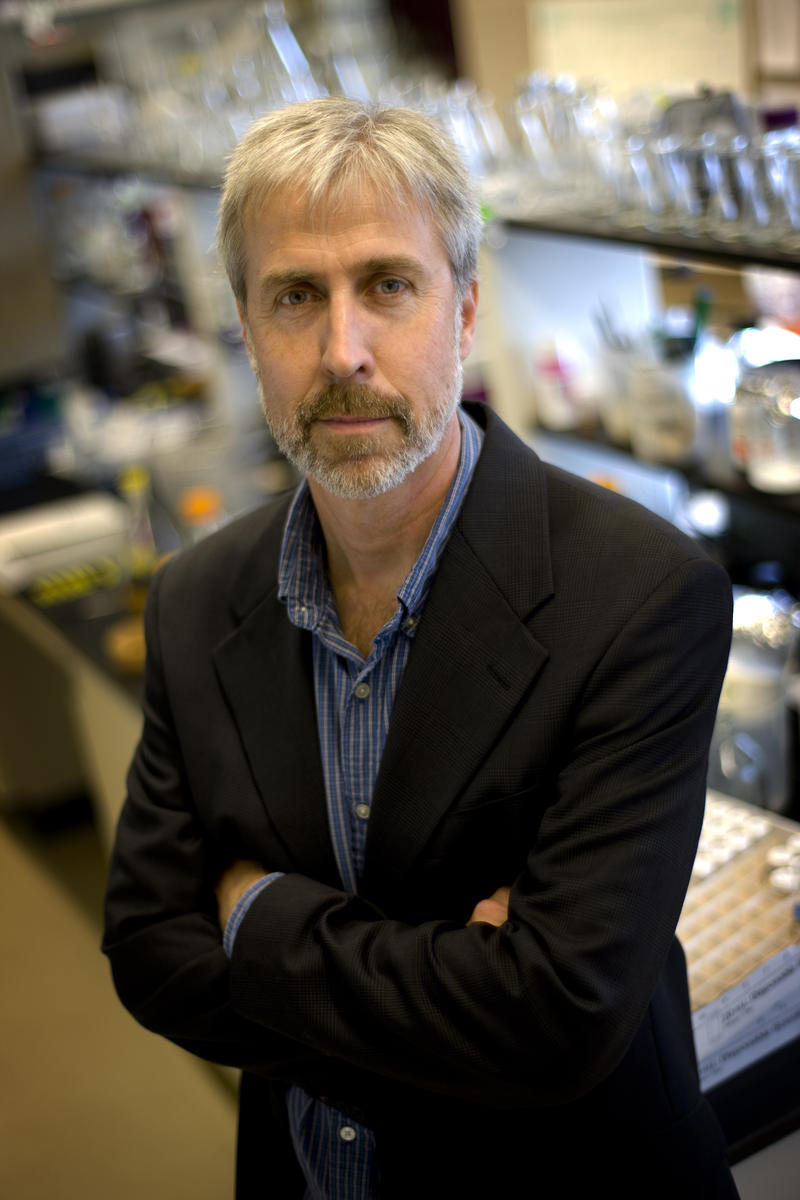The Chemical Institute of Canada says that “a multinational speciality chemical firm’s purchase of a small University of Prince Edward Island (UPEI) spin-off enterprise represents a major step forward in the business of enlisting the ocean’s most humble organisms in the search for new active ingredients.” Read the full article here!
 Croda International Plc, which creates, makes and sells ingredients for some of the biggest, most successful brands in consumer and industrial marketplaces, recently acquired the Charlottetown, PEI-based biotechnology venture, Nautilus Biosciences Canada Inc (Nautilus).
Croda International Plc, which creates, makes and sells ingredients for some of the biggest, most successful brands in consumer and industrial marketplaces, recently acquired the Charlottetown, PEI-based biotechnology venture, Nautilus Biosciences Canada Inc (Nautilus).
![]() See: Emergence client, Nautilus Biosciences Canada Inc, acquired by Croda International Plc.
See: Emergence client, Nautilus Biosciences Canada Inc, acquired by Croda International Plc.
Nautilus, the Institute writes, is one of 54 companies in a rapidly growing bioscience cluster chaired by UPEI chemistry and biomedical sciences professor Russell Kerr. Nautilus was founded by Kerr in 2007 and is an example of “blue biotechnology”, a field “defined by the search for potentially useful genetic resources from fungi, bacteria, and other microorganisms found in marine habitats“.

Professor Russ Kerr
“The traditional route would be to mine these materials,” Kerr explains, “but we were looking for sustainable and quick-to-market ingredients for end products, including skin care, antimicrobials, and nutraceuticals.”
Croda was already moving into other colours of the biotechnology “rainbow”, which includes “green and white” biotechnology. Croda characterizes such work as examples of growth through sustainable innovation, a mandate Nautilus had also adopted in blue biotechnology.
Following the acquisition, all 10 Nautilus employees will stay in Charlottetown, where Croda has doubled the space available to them and invested in robotic high throughput screening systems to speed up their work. This firmly establishes Nautilus as a “Croda Centre of Innovation for Marine Biotechnology.
“When you look at the marine environment, the numbers are just staggering,” says Kerr, who notes that any given millilitre of seawater can contain in excess of a million microscopic organisms. “What we’ll be doing, in collaboration with the University is building up our blue library to have this resource at our fingertips.”
